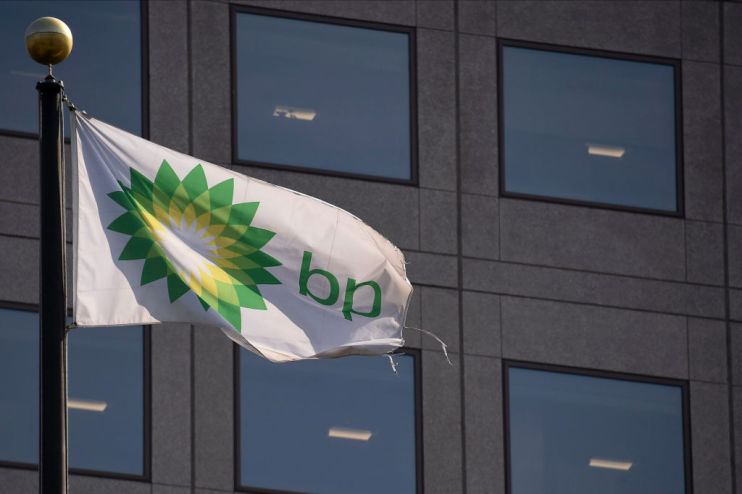BP posts $5.7bn annual loss after coronavirus decimates oil market

Oil supermajor BP swung to a $5.7bn ($4.2bn) reported loss in 2020 as the coronavirus pandemic sent oil demand plummeting.
The combination of lower oil and gas prices, significant exploration write-offs and refining margins and depressed demand sent the firm deep into the red after 2019’s $10bn profit.
The firm also undershot analyst expectations for quarterly underlying profit by some way, with a take of $115m well short of Jefferies’ estimate of $380m.
Shares in BP fell 3.0 per cent as markets opened this morning.
Hargreaves Lansdown analyst Susannah Streeter said today’s figures were a stark reminder of “just how difficult the conditions are for BP as it attempts a rapid energy transition amid sunken oil demand”.
A historic plunge in oil prices last spring was the precursor for the record loss, with the firm writing off $17.5bn from the price crash alone.
The devastation came just weeks after BP had unveiled an ambitious plan to pivot to becoming an “integrated energy company”.
As a result, chief executive Bernard Looney announced a wholesale restructuring of the firm, with 10,000 people set to leave.
By the end of the fourth quarter, half of these had done so.
Before the Open: Get the jump on the markets with our early morning newsletter
The fourth quarter itself saw BP make a profit of $1.4bn, mainly due to the proceeds from its sale of its petrochemicals business.
This $2.3bn is part of a plan to make $25bn in divestments from non-core assets by 2025.
Yesterday it announced the sale of a 20 per cent stake in a massive gas project in Oman to Thailand’s national oil firm for $2.6bn.
BP said that it expected proceeds from divestment to reach $4-6bn in 2021.
Looney said: “2020 will forever be remembered for the pain and sadness caused by Covid-19. Lives were lost – livelihoods destroyed. Our sector was hit hard as well. Road and air travel are down, as are oil demand, prices and margins.
“It was also a pivotal year for the company. We launched a net zero ambition, set a new strategy to become an integrated energy company and created an offshore wind business in the US. We began reinventing bp – with nearly 10 thousand people leaving the company.”
Streeter added: “The focus for the company in the longer term will be on making the most of its remaining oil fields while investing in a low carbon future, but it will be like walking a tight rope for the business.’’